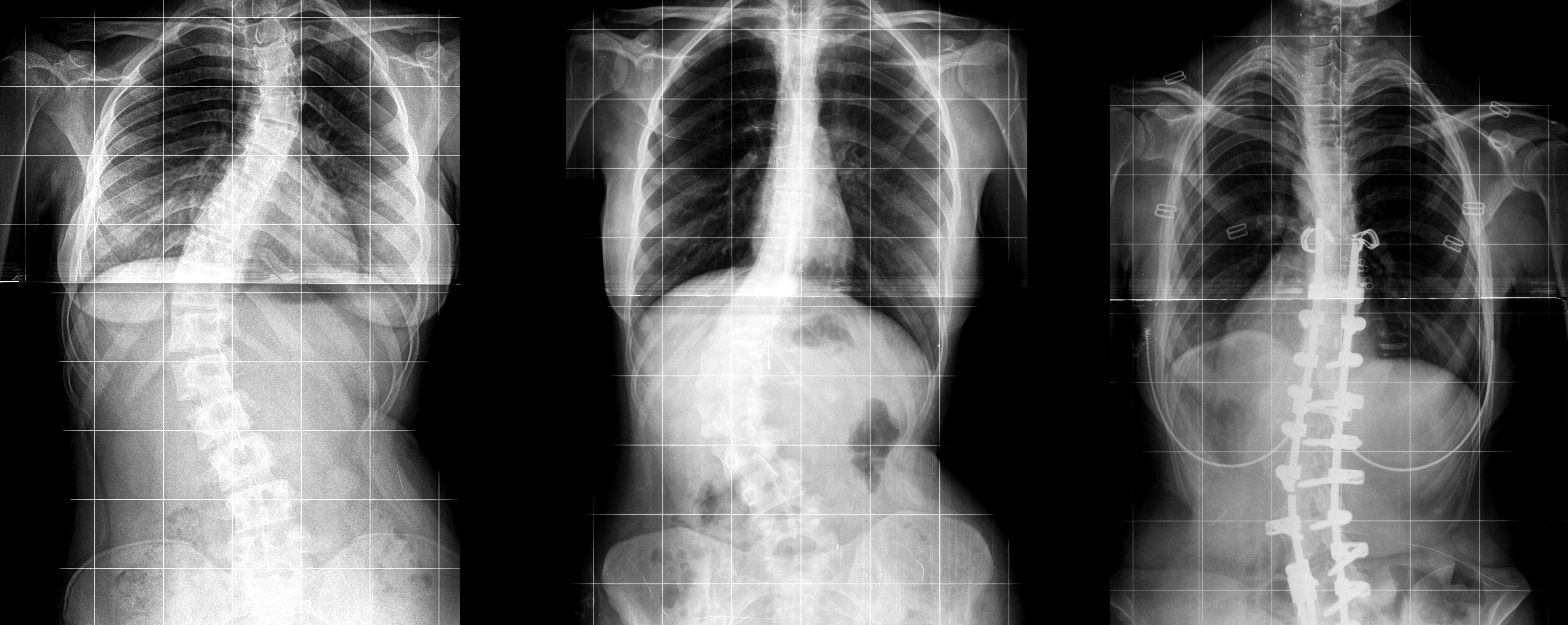Edmonton Scoliosis Interdisciplinary Research Group
The Edmonton Scoliosis Interdisciplinary Research Group (ESIRG) is focused on using qualitative and quantitative methods in basic science and clinical research to improve the health of those with scoliosis. Scoliosis is a three-dimensional spinal deformity.
ESIRG is a team of interdisciplinary professionals including surgeons, nurses, orthotists, neurophysiologists, physiotherapists and researchers with expertise in surgery, neurology, genetics, rehabilitation and engineering.
ESIRG is a team of interdisciplinary professionals including surgeons, nurses, orthotists, neurophysiologists, physiotherapists and researchers with expertise in surgery, neurology, genetics, rehabilitation and engineering.
How do we improve the health of patients with scoliosis?
- Understand scoliosis' etiology (cause/origin of the disease).
- Improve the prediction of scoliosis progression.
- Develop radiation-free methods for scoliosis monitoring. By using radiation-free methods, the risks from prolonged use of radiographs (x-rays) can be reduced. Our methods include photographs, 3D body shape assessment using laser scanners and ultrasound imaging of the spinal column.
- Optimize non-surgical scoliosis treatment.
- Improve scoliosis patients' quality of life.
Primary Areas of Interest
- Understanding the etiology of scoliosis and improving predictions of the risk of progression by developing and implementing genetic tests.
- Diagnosing and detecting the progression of scoliosis deformities from measurements obtained without harmful radiation using surface topography scans and ultrasound imaging; or by minimizing the use of radiation with the EOS imaging system.
- Optimizing the treatment of scoliosis deformities by developing and demonstrating the effectiveness of 'smart braces' and individualized but standardized scoliosis exercises.
- Improving patient safety by accurate electrophysiological detection of impending neural compromise during scoliosis corrective surgery.
- Conducting qualitative studies to understand patients' experiences and improve their quality of life.
